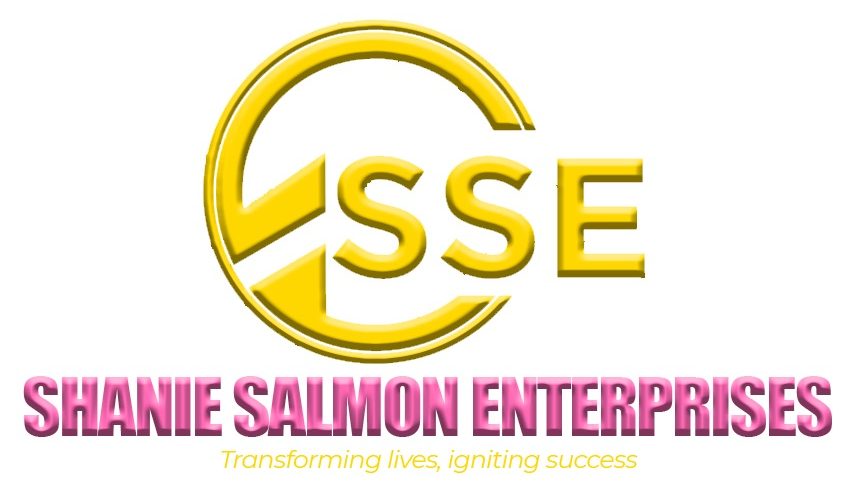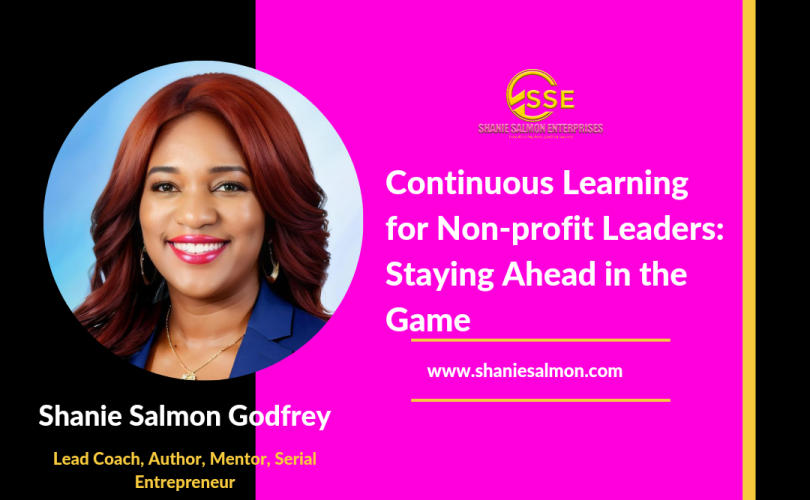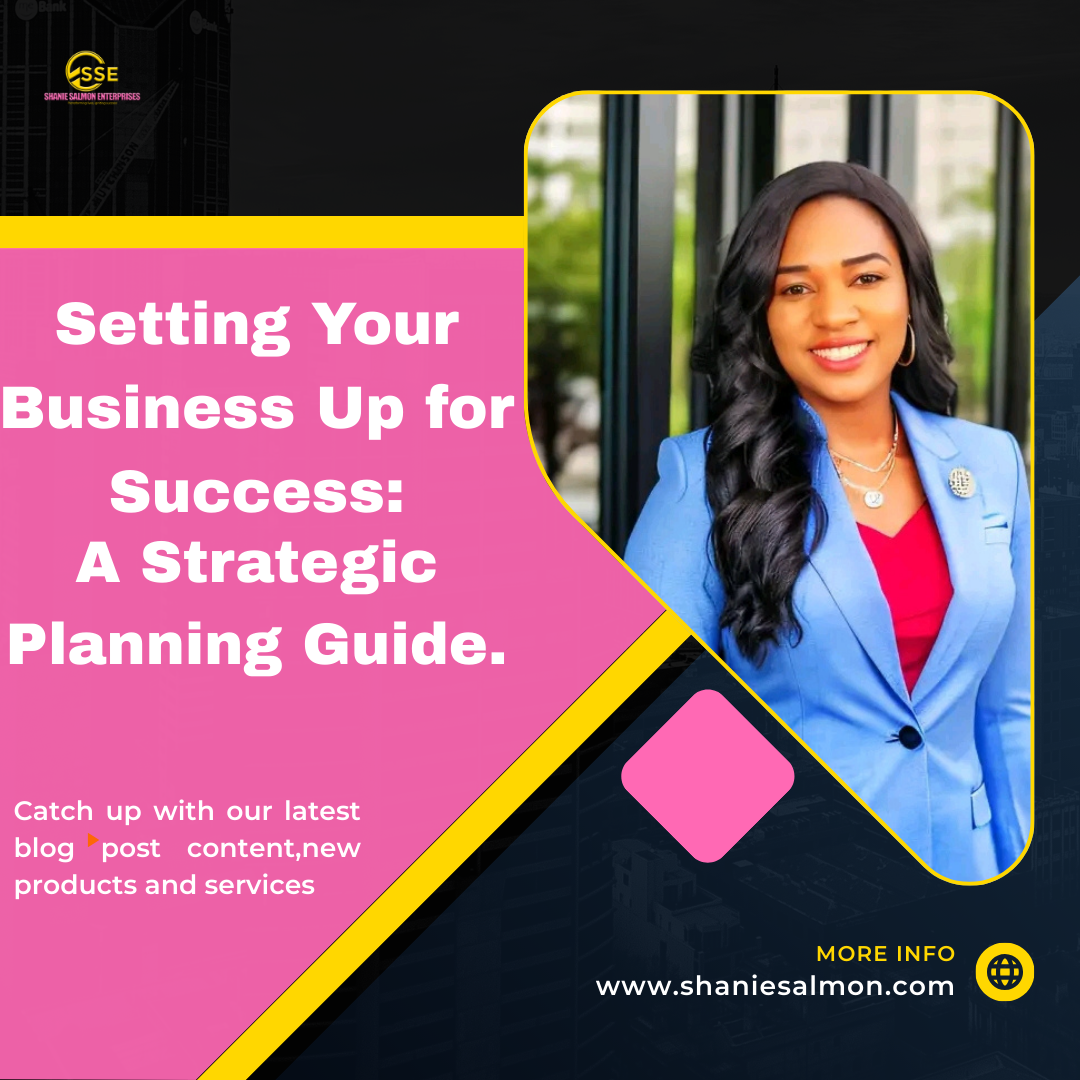In the fast-paced and ever-evolving landscape of the non-profit sector, effective leadership is paramount to driving organizational success and fulfilling the mission. Non-profit leaders face unique challenges, from navigating complex regulatory environments to mobilizing resources and engaging diverse stakeholders. In such a dynamic environment, pursuing continuous learning becomes not just an option but a necessity for staying ahead in the game.
The Importance of Continuous Learning
Non-profit leaders play multifaceted roles that require a diverse skill set encompassing strategic planning, fundraising, advocacy, volunteer management, and program development. However, the demands of the role are constantly evolving, influenced by shifts in technology, changes in donor behavior, and emerging trends in social impact.
Continuous learning empowers non-profit leaders to adapt to these changes, expand their expertise, and innovate in their approaches. It fosters a culture of growth and improvement within organizations, enabling leaders to make informed decisions, tackle challenges effectively, and seize opportunities for positive change.
Strategies for Continuous Learning
1. Embrace Lifelong Learning Opportunities
Non-profit leaders should actively seek out opportunities for professional development and skill enhancement. This can include attending conferences, workshops, and seminars relevant to their areas of expertise, enrolling in online courses and certifications, participating in peer-learning networks, and pursuing advanced degrees or specialized training programs.
2. Stay Informed about Industry Trends and Best Practices
Keeping abreast of developments in the non-profit sector is essential for informed decision-making and strategic planning. Leaders should regularly consume industry publications, research reports, and thought leadership content to gain insights into emerging trends, innovative approaches, and best practices in fundraising, advocacy, governance, and organizational management.
3. Foster a Learning Culture within the Organization
Leaders are responsible for cultivating a culture of continuous learning within their organizations. This involves encouraging staff members to pursue professional development opportunities, providing access to resources and training programs, fostering knowledge sharing and collaboration among team members, and recognizing and rewarding a commitment to learning and growth.
4. Seek Mentorship and Coaching
Mentorship and coaching can be invaluable resources for non-profit leaders seeking guidance, advice, and support in their professional journeys. Engaging with experienced mentors or executive coaches can provide fresh perspectives, help navigate challenges, and accelerate leadership development.
5. Evaluate and Reflect on Learning Outcomes
Non-profit leaders need to assess the impact of their continuous learning efforts and reflect on how new knowledge and skills can be applied to enhance organizational effectiveness and achieve strategic objectives. Regularly evaluating learning outcomes and soliciting stakeholder feedback can inform future learning priorities and ensure that resources are allocated effectively.
The Benefits of Continuous Learning for Non-profit Leaders
Investing in continuous learning yields numerous benefits for non-profit leaders and their organizations:
- Enhanced Leadership Effectiveness: Continuous learning equips leaders with the knowledge, skills, and insights needed to lead with confidence, agility, and resilience.
- Improved Organizational Performance: Leaders who prioritize learning are better equipped to drive innovation, foster collaboration, and adapt to changing circumstances, leading to improved outcomes for their organizations and the communities they serve.
- Increased Stakeholder Engagement: Non-profit leaders who demonstrate a commitment to learning and growth inspire confidence and trust among stakeholders, including donors, volunteers, board members, and beneficiaries, fostering deeper engagement and support for the organization’s mission.
- Personal and Professional Fulfillment: Continuous learning is not just about acquiring new skills; it’s also about personal and professional growth. Non-profit leaders who invest in their development experience greater job satisfaction, fulfillment, and a sense of purpose.
Continuous learning is a cornerstone of effective leadership in the non-profit sector. By embracing a mindset of lifelong learning, nonprofit leaders can position themselves and their organizations for long-term success and social impact. As the sector evolves, staying ahead in the game and driving positive change in the communities we serve will be essential.






